Colorado Baker Challenging Ruling on “Gender Transition” Cake
Bakery first agreed to create a custom cake, but refused after learning that the design celebrated a gender transition.

The Colorado baker who won a partial Supreme Court victory after refusing to bake a cake for a same-sex wedding a decade ago is currently challenging a separate ruling that he violated Colorado’s anti-discrimination law when he refused to bake a cake celebrating a gender transition.
On Wednesday, Jake Warner, an attorney from the conservative legal organization Alliance Defending Freedom, urged the Colorado Court of Appeals to overturn a ruling that his client, Jack Phillips, the owner of Masterpiece Cakeshop, violated Colorado’s nondiscrimination law by refusing to bake the cake in question.
In the most recent case involving Phillips’ religious beliefs opposing homosexuality and LGBTQ identity, a transgender woman, Autumn Scardina, called Masterpiece Cakeshop in 2017 requesting a custom-made birthday cake, serving six to eight people, that had blue frosting on the outside and was pink on the inside.
According to findings of fact determined by the court, Phillips’ wife Debra told Scardina that creating a cake with those specifications would not be a problem.
However, when Scardina elaborated that design was a “reflection” of her “transition from male to female,” Debra Phillips said the bakery “probably could not make that cake because of the message.”
Scardina asked Debra Phillips to repeat her statements so someone else could hear, prompting her to get her husband to pick up the phone. The call became disconnected, and Scardina called back, only to be told by the Phillips’ daughter, Lisa Eldfrick, that the cake “isn’t a cake we could make,” based on the Phillips’ religious beliefs that a person cannot change genders and opposing the idea of celebrating a gender transition.
Scardina, an attorney, attempted to order her cake on the same day in 2017 that the Supreme Court announced it would hear Phillips’ appeal in the same-sex wedding cake case. Scardina testified that she wanted to “challenge the veracity” of Phillips’ past statements that he would serve LGBTQ customers, but simply refused to bake custom-made wedding cakes for them.
Scardina filed a complaint against Phillips with the state and the Colorado Civil Rights Commission, alleging he had discriminated against her on the basis of her gender identity. The commission found probable cause, based on the facts presented to them, that Phillips had discriminated against Scardina. In response, Phillips sued the state, accusing it of a “crusade to crush” him by pursuing Scardina’s complaint, reports the Associated Press.
Scardina then followed her complaint up with a lawsuit, in which she alleged that Phillips unlawfully discriminated against her. Denver District Judge A. Bruce Jones rejected Phillips’ argument that baking the “gender transition” cake constitutes compelled speech, saying that the cake was a product sold by a business that can’t be withheld from some customer and created for others based solely on their identity.
Jones also ruled that Masterpiece Cakeshop’s refusal to provide the requested cake — after saying it could be made prior to learning about its significance — was “inextricably intertwined” with Phillips’ refusal to recognize Scardina’s gender identity.
According to the AP, lawyers for the state and Phillips agreed to drop their cases against one another under a settlement, to which Scardina was not a party, in 2019. As a result, Warner argued that Scardina should have appealed to the Colorado Court of Appeals before pursuing a lawsuit against Phillips. Because she failed to appeal, Warner contends that the ruling against Phillips should be thrown out because Jones did not have jurisdiction to rule on the matter.
But John McHugh, a lawyer for Scardina, argued that because the settlement between the state and Phillips never reached a conclusion on Scardina’s discrimination claim, she should have been allowed to sue Masterpiece Cakeshop.
The crux of the case revolves around the debate between so-called “religious freedom” and LGBTQ rights. Warner, and Alliance Defending Freedom more broadly, argue that requiring Phillips to create a cake communicating a “message” with which he personally disagrees is a form of compelled speech, violating Phillips’ First Amendment rights and his religious freedom.
McHugh and Scardina argue that Scardina never asked Masterpiece Cakeshop to endorse her idea, just sell her a cake that they would sell anyone else. McHigh also said that Phillips’ decision to sell items to people cannot depend on what the client tells him after he has already agreed to make a cake.
Judge Timothy Schutz, of the Colorado Court of Appeals, while not issuing a ruling on Wednesday, noted during oral arguments that, according to the facts of the case, Debra Phillips initially told Scardina that such a cake could be made before Scardina explained the significance of the cake design.
In 2018, the U.S. Supreme Court ruled that the Colorado Civil Rights Commission had demonstrated “anti-religious bias” when it determined that Phillips had violated the law by refusing to bake the cake for Charlie Craig and Dave Mullins in 2012. At the time, the court did not rule on the larger issue of whether a business can deny service to LGBTQ people if a business owner claims to have religious-based objections to homosexuality or LGBTQ rights.
However, the Supreme Court has recently agreed to hear the case of a Colorado website designer, Lorie Smith — also a client of Alliance Defending Freedom — who demands an exemption from Colorado’s anti-discrimination law.
Smith says her Christian beliefs should be justification for denying requests to design wedding websites for same-sex couples, despite never having been approached to create such a project. She also wants to be allowed to post a statement on her website explaining her beliefs and her refusal to create custom-made websites for same-sex couples.
In taking up the case, the high court only agreed to hear the case based on another of Smith’s arguments: that the products she creates are a form of “artistic expression” that should be protected under the First Amendment. Her lawyers argue that forcing her to provide her services to same-sex couples would violate her freedom of expression and force her to “endorse” beliefs with which she does not agree.
Support Metro Weekly’s Journalism
These are challenging times for news organizations. And yet it’s crucial we stay active and provide vital resources and information to both our local readers and the world. So won’t you please take a moment and consider supporting Metro Weekly with a membership? For as little as $5 a month, you can help ensure Metro Weekly magazine and MetroWeekly.com remain free, viable resources as we provide the best, most diverse, culturally-resonant LGBTQ coverage in both the D.C. region and around the world. Memberships come with exclusive perks and discounts, your own personal digital delivery of each week’s magazine (and an archive), access to our Member's Lounge when it launches this fall, and exclusive members-only items like Metro Weekly Membership Mugs and Tote Bags! Check out all our membership levels here and please join us today!








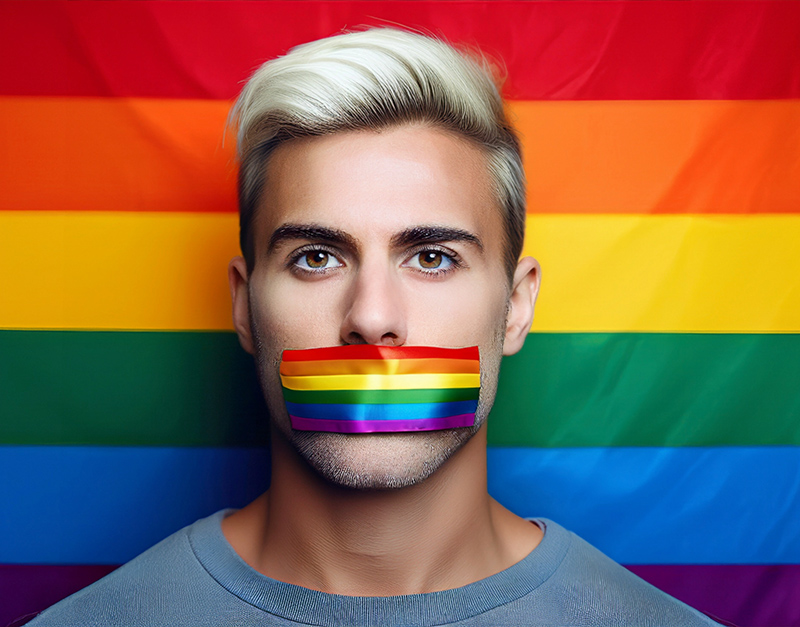
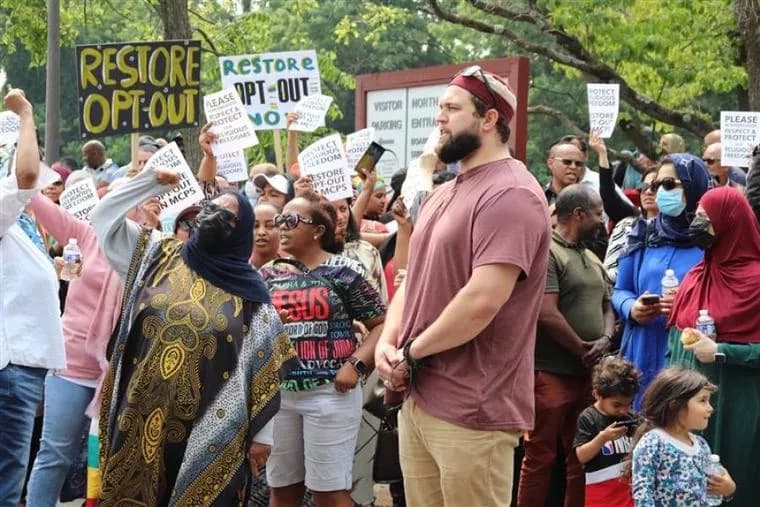
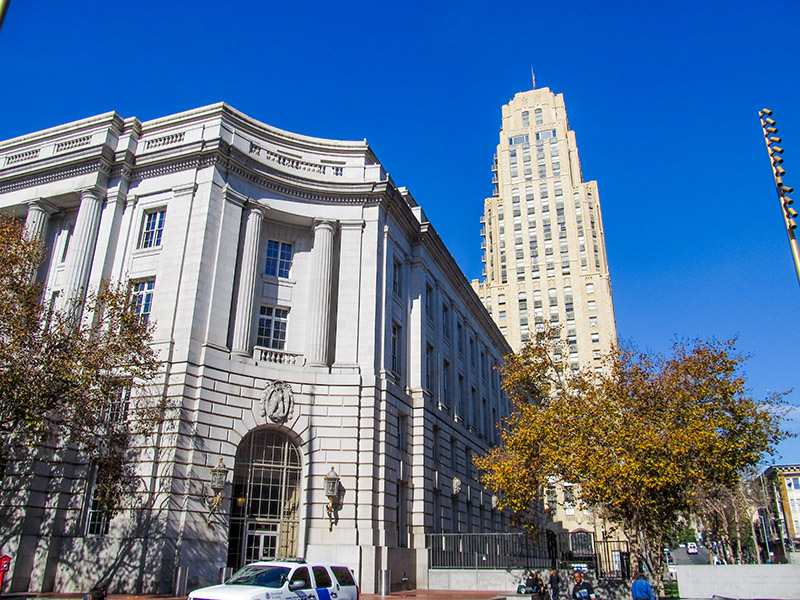













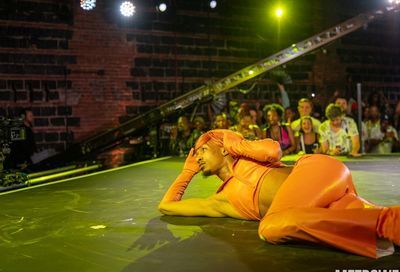
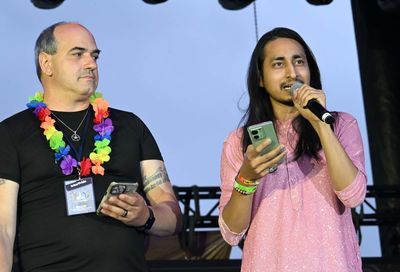
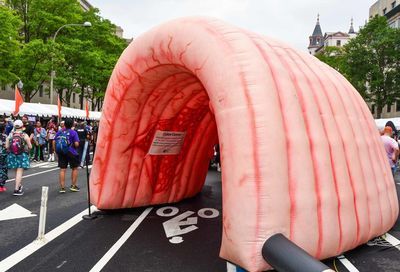



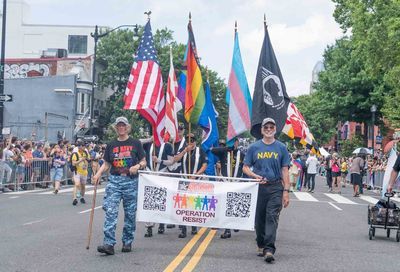
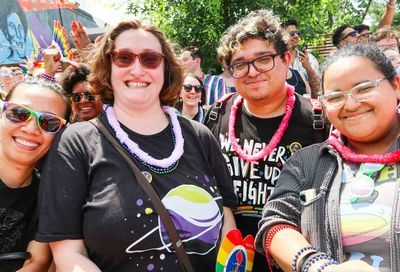
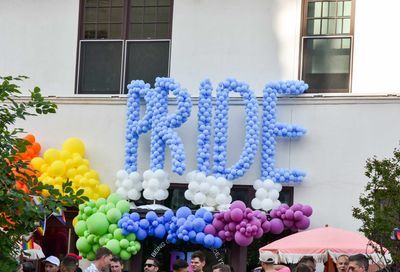
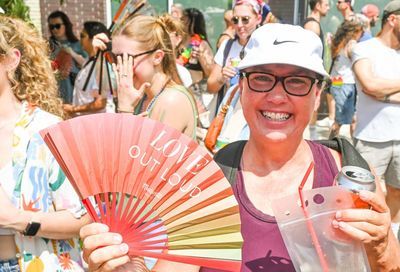
You must be logged in to post a comment.